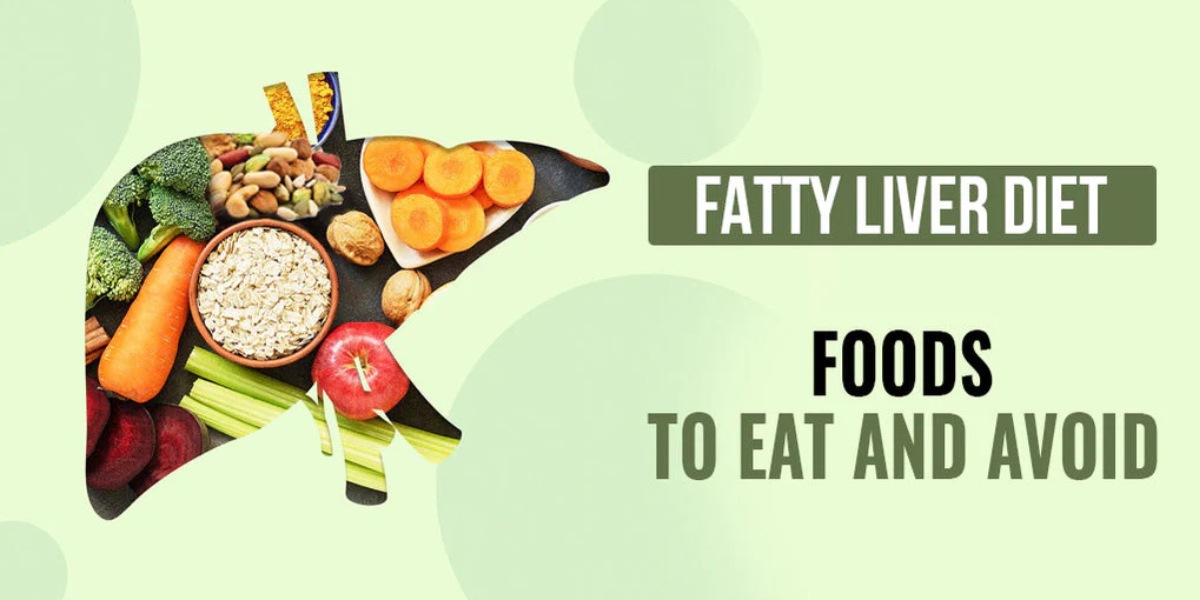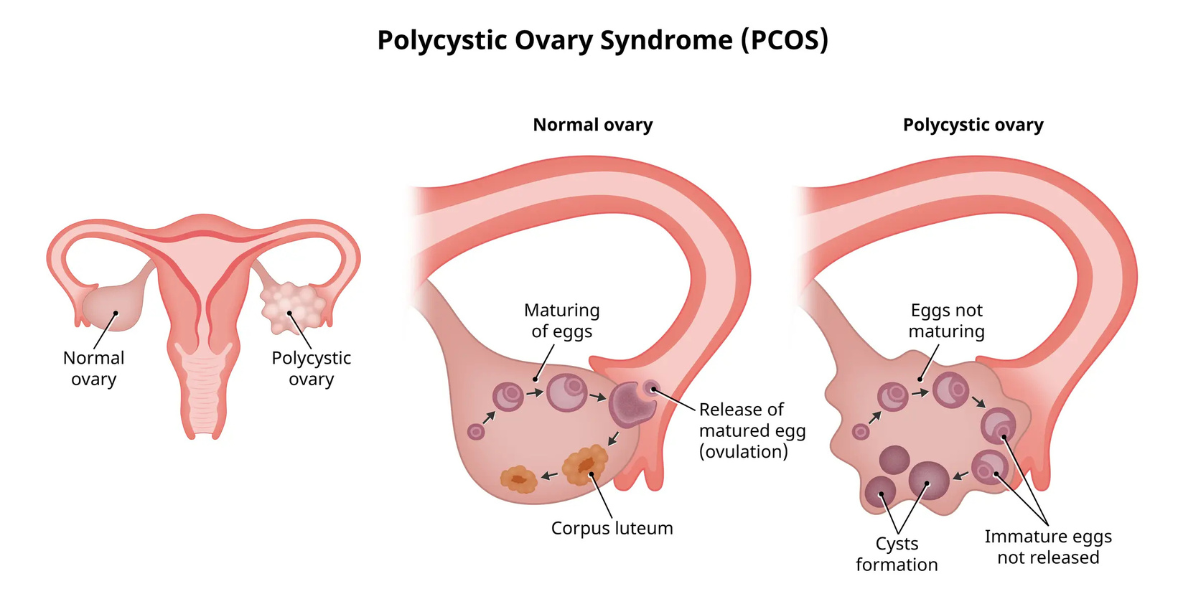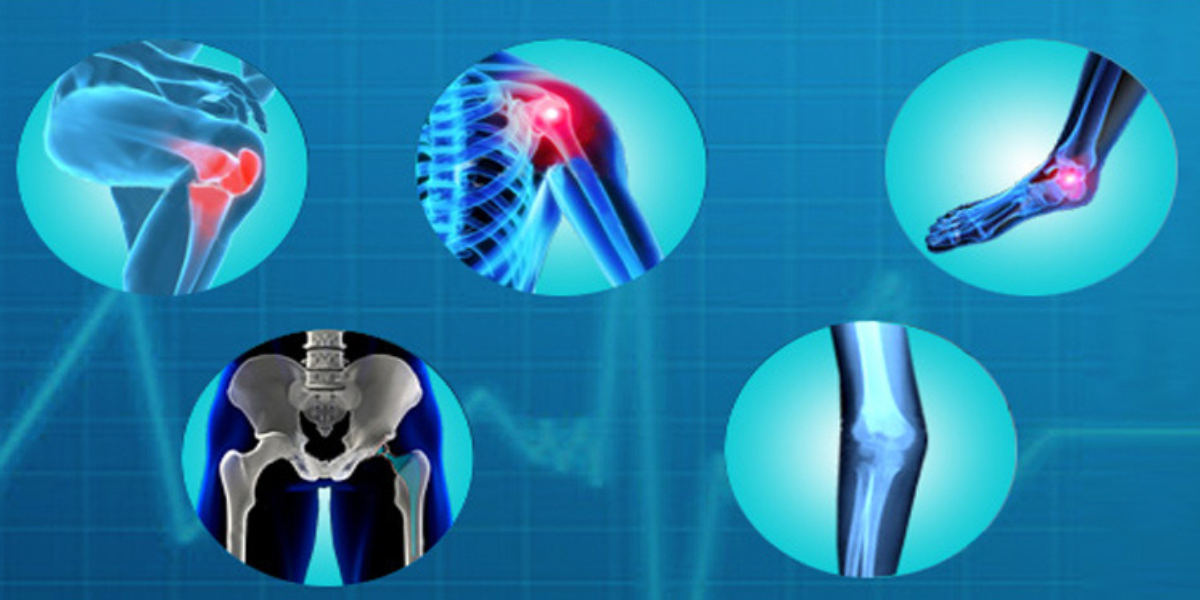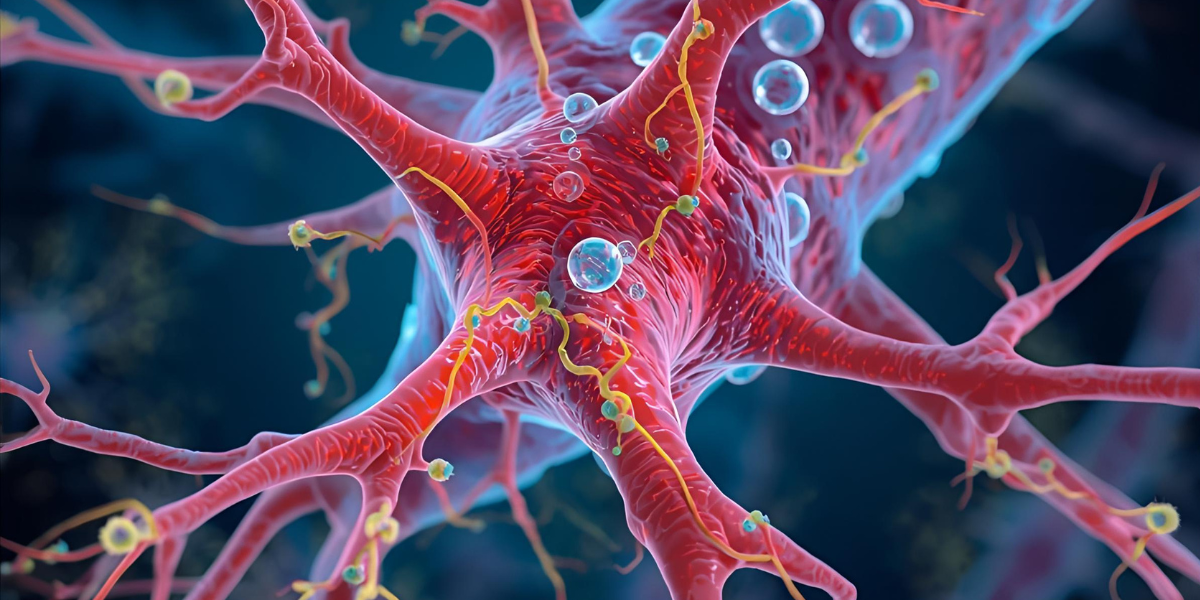
Exercise Tips for Women Going Through Menopause
Menopause brings a wave of physical and emotional changes, from hot flashes and mood swings to slower metabolism and joint stiffness. But one thing that can make this journey smoother and healthier is regular exercise. Moving your body during menopause isn’t just about staying in shape, it’s about building strength and protecting bones while boosting your mood.
Why Exercise Matters During Menopause
As estrogen levels decline, many women experience a decrease in bone density, muscle mass, and energy. There may also be weight gain, sleep issues, and a higher risk of heart disease. Exercise helps manage all of this by reducing stress, anxiety and depression, supporting heart health, boosting metabolism and improving sleep quality. In short, movement is medicine, especially during menopause.
Best Types of Exercise for Menopausal Women
You don’t need intense workouts or hours at the gym. A mix of various types of exercise can work wonders.
1. Strength Training
Lifting weights or using resistance bands helps counteract muscle loss, strengthens bones, and keeps metabolism active. Start with light weights twice a week and build up slowly. Focus on major muscle groups like legs, arms, and core.
2. Walking or Light Cardio
Brisk walking, swimming, cycling, or dancing are great for heart health and mood. Aim for 30 minutes a day, five days a week, even short 10-minute walks count.
3. Yoga and Stretching
Yoga improves flexibility, reduces stress, and helps with hot flashes and sleep quality. Gentle stretching also eases joint stiffness and supports mobility.
4. Balance Exercises
Simple exercises like standing on one leg or heel-to-toe walking can help prevent falls and improve coordination, especially important as you age.
How to Stay Consistent and Motivated
If you’re new to exercise, start with short, manageable sessions and gradually build up your time and intensity. Remember, not every day will feel the same. Some days you’ll have more energy than others, and that’s completely normal. Listen to your body, honor your energy levels, and take rest when needed. Hormonal changes during menopause can increase your need for hydration, so be sure to drink plenty of water, especially during workouts. Most importantly, choose activities you genuinely enjoy, whether it’s dancing, hiking, pilates, or swimming. Staying active should feel good, not like a chore.
Conclusion
Menopause is a natural phase of life, and while it brings challenges, it also brings strength and self-awareness. With a little consistency and a lot of self-love, exercise can help you feel more energetic, empowered, and in control of your health. Every step counts, and every stretch is a win. Before starting a new exercise routine, especially if you have underlying health issues like osteoporosis, joint problems, or heart conditions, talk to your healthcare provider for personalised advice.






